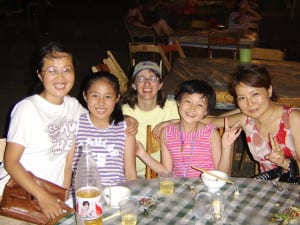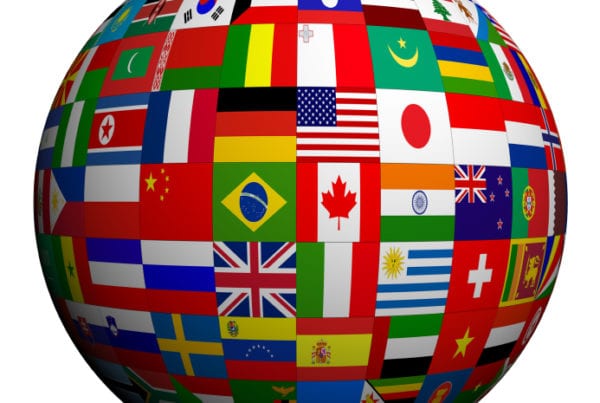 In my last post I made an analogy between learning the guitar and developing intercultural intelligence. You can listen to your favorite band for years, memorize all of their lyrics and music, but you will not likely be able to instantly play their songs on an instrument without the right set of skills. Many global leaders today bring a lot of international experience to their roles, but they don’t always have the cultural competence they need to meet or exceed their objectives. In my next few posts, we will explore why that is and what can be done to develop leaders and staff for global roles.
In my last post I made an analogy between learning the guitar and developing intercultural intelligence. You can listen to your favorite band for years, memorize all of their lyrics and music, but you will not likely be able to instantly play their songs on an instrument without the right set of skills. Many global leaders today bring a lot of international experience to their roles, but they don’t always have the cultural competence they need to meet or exceed their objectives. In my next few posts, we will explore why that is and what can be done to develop leaders and staff for global roles.
Today’s key ingredient to a high-level of cross-cultural competence? The ability to recognize and navigate cultural complexity.
I have always kept travel journals and written blogs as a means of sharing my experiences and keeping them alive. More than that, the writing has helped me to observe my own reactions and responses to cultural difference and commonality. When I go back now and read bits and pieces of my journals from my first trip to Thailand in 1996, I realize how innocent my eyes were. I just wanted to get lost in the images of that beautiful country, to let my senses be overtaken by the sights and sounds. I don’t think I wanted to know how complex the culture was, how impossible it would be for me to ever understand it in any completeness. When you first start traveling or living abroad, the experience brings newness, excitement, distinctiveness; everything you take in is a mass of color and sensation. My first time in Asia was exotic and fascinating – that is what drew me there in the first place. The challenge comes when we stay in that bubble forever. I have coached executives with 20 years experience working in China who possess only a surface knowledge of the Chinese cultural framework. They never studied the history of the culture, what motivates their colleagues, or the generational differences.
The innocent enjoyment of culture is also valuable. After all, the images and feelings we have when we first come to a new place are not false; they are real and valid. We just don’t have all the information yet. To lead in a global setting, however, we must see cultures as systems shaped by people and all of their complexity, by geography, language, and migration. We must assume that what we see in our interactions with global teammates is only a tiny atom in the ocean of culture.
How do global leaders address these potential gaps in their knowledge and skills? Start small.
• First, measure your capability to navigate cultural differences and similarities using the Intercultural Development Inventory (IDI) https://www.highroaders.com/docs/IDI_what_you_need_to_know.pdf
• Select the culture you work with the most frequently and learn the basics. Who is the leader of that country? What are the common holidays there? What languages are spoken?
• Read a “summary” history of that culture; no need to read a treatise unless you want to, just a big picture timeline to start.
• Find a colleague you trust and ask them questions about their culture (read up on safe and unsafe topics first).
• Heighten your self-awareness and watch for any cultural “baggage” you may be carrying in the form of stereotypes and evaluations.
Global leaders at all levels, from mid-level management to executive face bigger challenges than ever. They must navigate uncertainty, volatility, conflicting priorities, and more. But in today’s world they are also better equipped than ever to learn the skills they need. The door is open; all they must do is walk through. Learning cultural intelligence is a process. Developing one level on the IDI assessment can take up to two years and more of targeted work. The rewards, however, are immeasurable. See you next time!
How do you keep your global skills honed?




